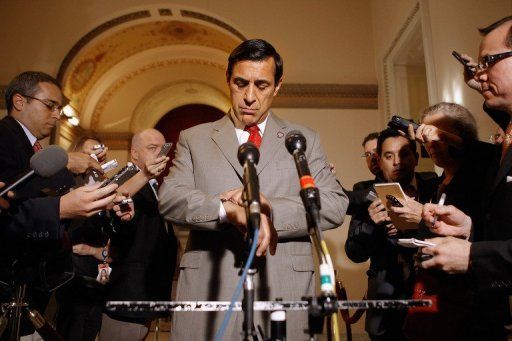Barack Obama’s presidency has been defined by a new understanding by Americans that the country has yet to truly confront racism. His nomination was greeted with optimism which quickly turned sour, with 69 percent of Americans saying race relations are generally bad, levels equal to those following the Rodney King acquittal. Police violence and structural inequities have led to the Black Lives Matter movement, while on the right, racism propelled Trump to the GOP nomination. It’s clear that solving America’s many problems, from rampant levels of inequality to unemployment to lagging education systems to rising health care costs, will require us to understand how racism and privilege plays out in our society.
Whites Don’t Believe They Have Privilege
How do Americans understand concepts like “white privilege” in our society? The American National Election Study (ANES), a 1,200-person survey performed this past January, is an ideal source of data because it asks questions about privilege that aren’t often included in academic surveys. We analyzed the dataset to explore how views of privilege relate to other views on race and ideology. The question we examine asks respondents, “How many advantages do white people have that minorities do not have in this society?” Respondents can answer, “A great many,” “A lot,” “A moderate number,” “A few” and “None.” We collapsed these answers into three categories.
We find, perhaps unsurprisingly, whites are less likely to accept white privilege (although there is evidence that younger whites are more likely to say they have privilege). Only 25 percent of whites say white people have a great deal of or many advantages, compared with 66 percent of people of color.
